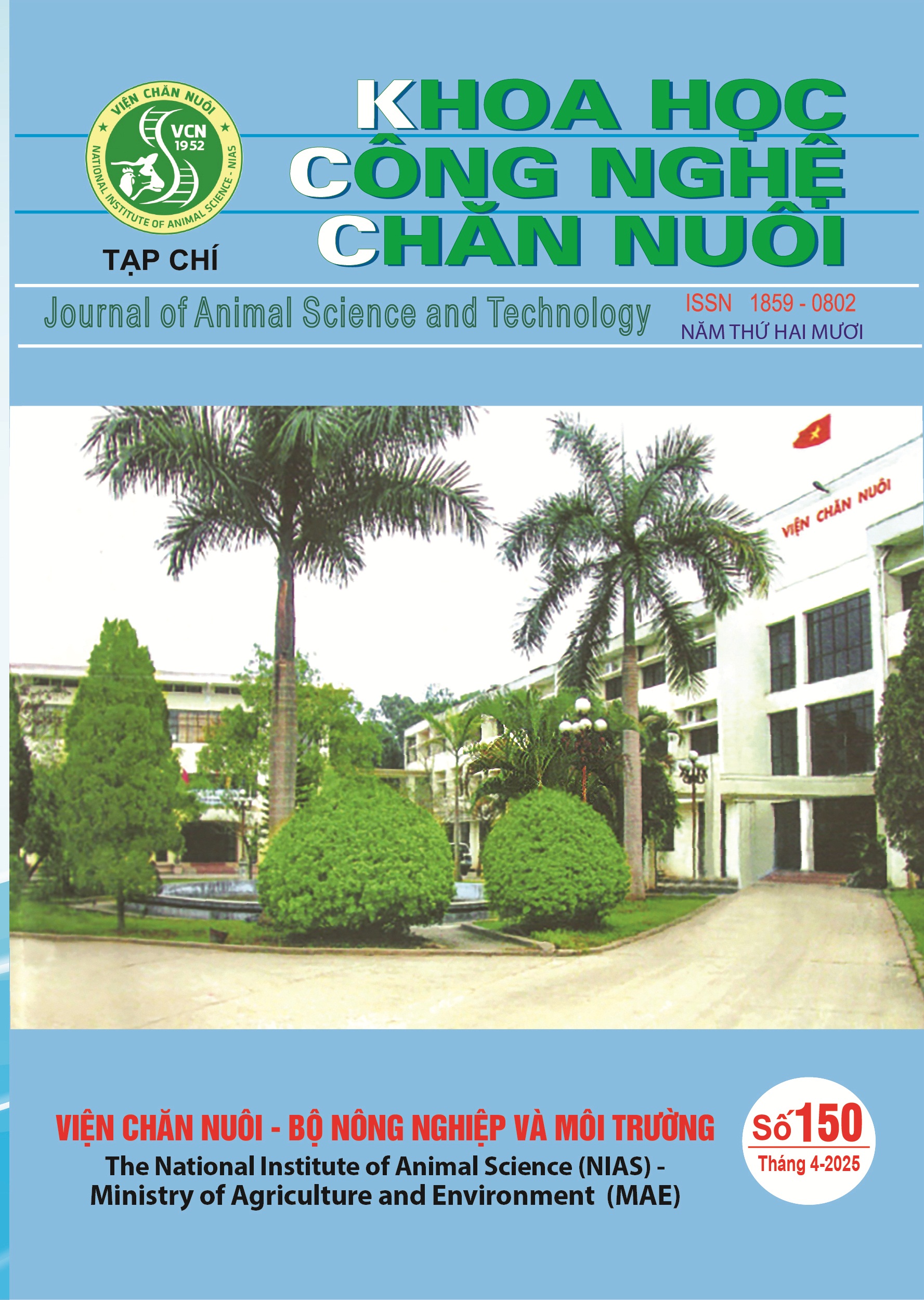Supplementary Effects of Fermented Chive Products in Diets on Growth, Characteristics and Meat Quality, Cecal Microbiota, and Toxic Gas Emissions in Colored Broiler Chickens
This study evaluated the effects of dietary supplementation with chive (Allium schoenoprasum) fermented by Lactobacillus plantarum strains (CPLM) on broiler chickens. One hundred twenty chicks were allocated to four groups: control (CON, basal diet) and three treatment groups supplemented with 0,6% (HL06), 0,9% (HL09), or 1,2% (HL12) CPLM. The trial lasted for 3 months with ad libitum access to feed and water. Results indicated that CPLM supplementation at levels of 0,9% and higher significantly improved (P<0,05) body weight gain (BWG) and feed conversion ratio (FCR), while the 1,2% level (HL12) also significantly increased breast meat percentage (P<0,05) compared to the control (CON). Meat quality was enhanced, evidenced by significantly reduced drip loss during storage (P<0,05) and significantly lower lipid oxidation (TBARS, P<0,01), particularly in the HL12 group. Furthermore, the supplement positively modulated cecal microbiota, significantly reducing E. coli counts at levels ≥0,9% (P<0,05) while increasing Lactobacillus spp. populations across all supplementation levels (P<0,05). Ammonia (NH3) emission was also significantly reduced at levels ≥0,9% (P<0,05). Therefore, CPLM supplementation, particularly at levels of 0,9% and higher, demonstrates potential as a functional feed additive to improve performance, meat quality, gut health, and reduce ammonia emissions in broiler production.

